Mouse FGF acidic ELISA Kit
$299.00 – $419.00
ELISA Kit Detail Information
| Related Target | |
|---|---|
| Species | mouse |
| Sample Type | Serum, plasma, cell culture supernatant, and other biological samples |
| Sample Volume | 10 μL |
| Sensitivity | 0.35 pg/mL |
| Array Range | 12.5 pg/mL – 800 pg/mL |
| Assay Time | 3.5 h |
| Recovery | 91% – 126% |
| Average Recovery | 109% |
| Intra Precision | 3.0% – 3.5% |
| Inter Precision | 2.9% – 3.8% |
| Plate | Detachable 96-well plate |
| Storage | If the reagent kit is unopened, it should be stored at 4℃. However, if it has been opened, the standard solution should be stored at -20℃, while the other components should be stored at 4℃. |
| Delivery | 4℃ blue ice transportation |
| Components | 96-well polystyrene enzyme-linked immunosorbent assay (ELISA) plate coated with anti-FGF acidic monoclonal antibody Mouse FGF acidic freeze-dried standard FGF acidic detect Antibody Standard Diluent Assay Buffer(10×) Substrate TMB Stop Solution Washing Buffer(20×) Sealing Film |
| Assay Principle | This kit utilizes the double antibody sandwich enzyme-linked immunosorbent assay (ELISA) detection technique.Specific anti-mouse FGF acidic antibodies are precoated on a high-affinity ELISA plate. Standard samples, test samples, and biotinylated detection antibodies are added to the wells of the ELISA plate. After incubation, FGF acidic present in the samples binds to the solid-phase antibodies and the detection antibodies. After washing to remove unbound substances, streptavidin-HRP labeled with horseradish peroxidase is added. After washing, a colorimetric substrate, TMB, is added and the plate is incubated in the dark for color development. The intensity of the color reaction is directly proportional to the concentration of FGF acidic in the samples.A stop solution is added to terminate the reaction, and the absorbance value is measured at a wavelength of 450 nm (with a reference wavelength range of 570-630 nm). |
Related Targets
FGF1
FGF1 Target Infomation Overview
- Target Symbol: FGF1, fibroblast growth factor 1
- Gene Groups: Receptor ligands; Fibroblast growth factor family
- Alias: AFGF; ECGF; ECGFA; ECGFB; HBGF1; ECGF-beta; FGF-alpha; GLIO703
- Previous Names: FGFA
- Alias Names: heparin-binding growth factor 1; endothelial cell growth factor, alpha; endothelial cell growth factor, beta; fibroblast growth factor 1 (acidic)
FGF1, fibroblast growth factor 1 Target Infomation by Species
- Human
- Mouse
- Rat
Human FGF1 Target Information
- Target Symbol: FGF1, fibroblast growth factor 1
- Alias:
- acidic fibroblast growth factor
- AFGF
- beta-endothelial cell growth factor
- ECGF
- ECGF-beta
- ECGFA
- ECGFB
- endothelial cell growth factor
- endothelial cell growth factor, alpha
- endothelial cell growth factor, beta
- FGF-1
- FGF-alpha
- FGFA
- fibroblast growth factor 1 (acidic)
- GLIO703
- HBGF-1
- HBGF1
- heparin-binding growth factor 1
- NCBI_Gene: 2246
- UniProtKB: P05230
Human FGF1 Predicted Functions
Enables S100 protein binding activity; heparin binding activity; and signaling receptor binding activity. Involved in several processes, including positive regulation of MAPK cascade; positive regulation of biosynthetic process; and regulation of endothelial cell migration. Located in cytosol; extracellular space; and nucleoplasm. Implicated in brain ischemia; cleft lip; myocardial infarction; schizophrenia; and urinary bladder cancer. Biomarker of Alzheimer’s disease; endometrial cancer; leiomyoma; ovarian cancer; and transitional cell carcinoma.
Mouse Fgf1 Target Information
- Target Symbol: Fgf1, fibroblast growth factor 1
- Alias:
- Fgf-1
- Fgfa
- fibroblast growth factor 1 (acidic)
- fibroblast growth factor, acidic
- NCBI_Gene: 14164
Mouse Fgf1 Predicted Functions
Predicted to enable several functions, including Hsp70 protein binding activity; S100 protein binding activity; and signaling receptor binding activity. Acts upstream of or within several processes, including organ induction; positive regulation of epithelial cell proliferation; and positive regulation of nitrogen compound metabolic process. Located in extracellular matrix and extracellular space. Is expressed in several structures, including alimentary system; genitourinary system; nervous system; respiratory system; and sensory organ. Human ortholog(s) of this gene implicated in brain ischemia; cleft lip; myocardial infarction; schizophrenia; and urinary bladder cancer. Orthologous to human FGF1 (fibroblast growth factor 1).
Rat Fgf1 Target Information
- Target Symbol: Fgf1, fibroblast growth factor 1
- Alias:
- acidic fibroblast growth factor
- aFGF
- FGF-1
- Fgf2b
- fibroblast growth factor 1 (acidic)
- Fibroblast growth factor 1 (heparin binding)
- fibroblast growth factor 2b
- HBGF-1
- HBGF1
- heparin-binding growth factor 1
- NCBI_Gene: 25317
Rat Fgf1 Predicted Functions
Enables Hsp70 protein binding activity and growth factor activity. Involved in positive regulation of hepatocyte proliferation. Located in cytoplasm and nucleolus. Used to study brain ischemia. Human ortholog(s) of this gene implicated in brain ischemia; cleft lip; myocardial infarction; schizophrenia; and urinary bladder cancer. Orthologous to human FGF1 (fibroblast growth factor 1).

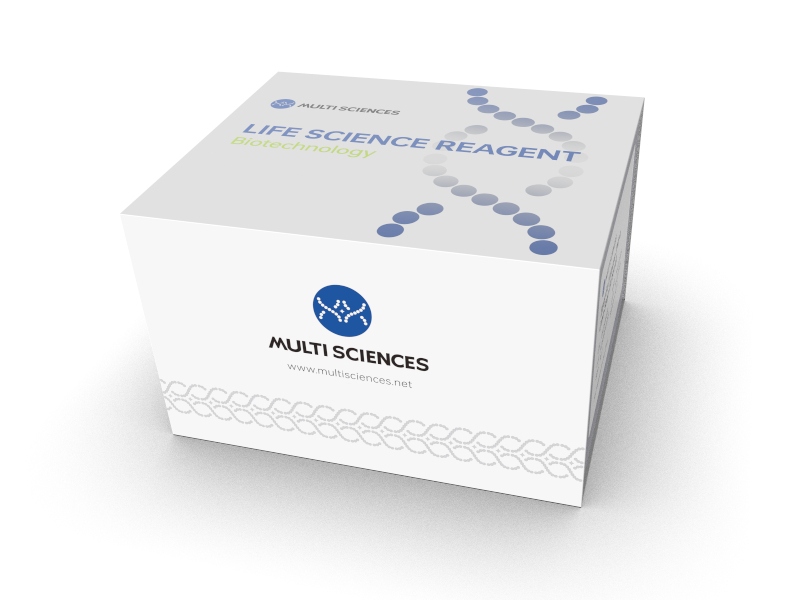
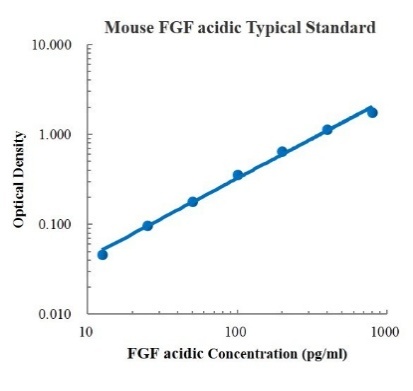
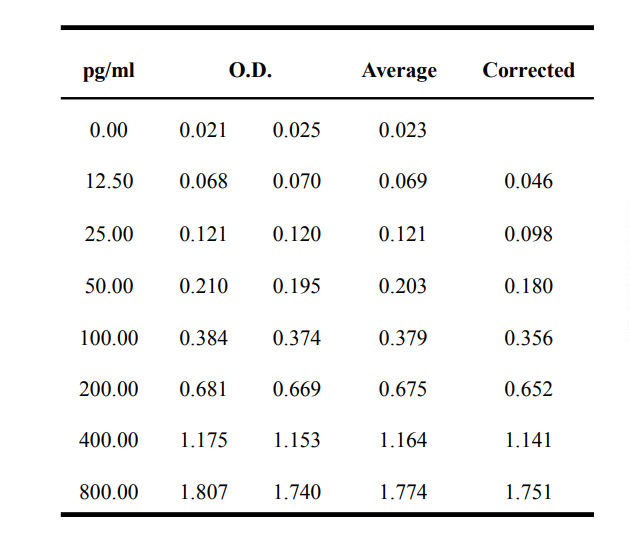


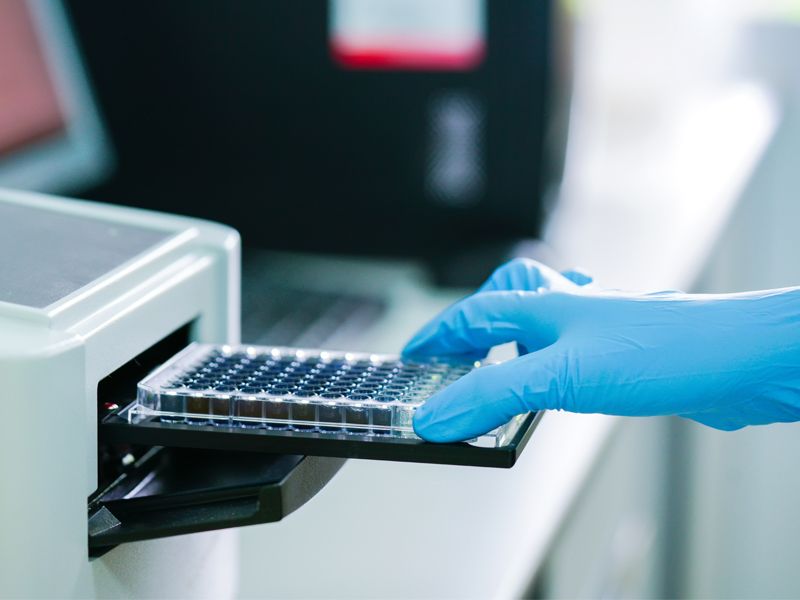
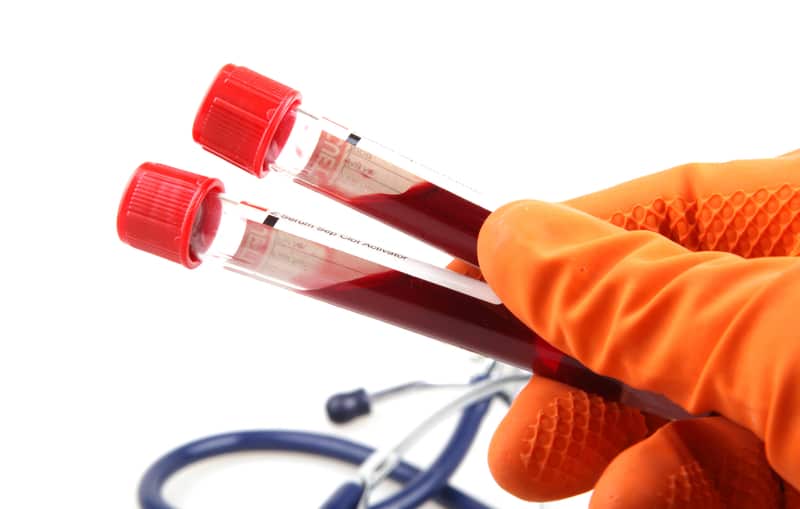
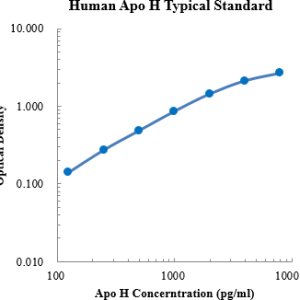
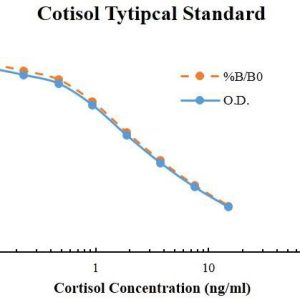
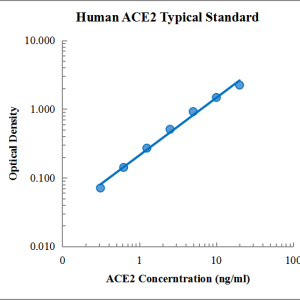
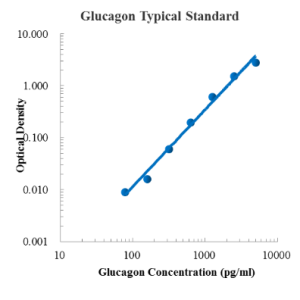
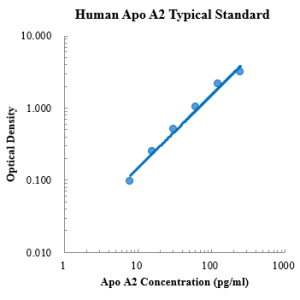
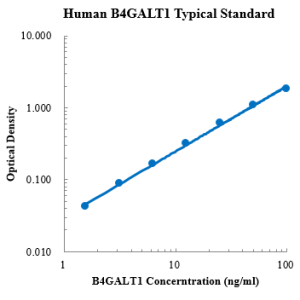
Reviews
There are no reviews yet.